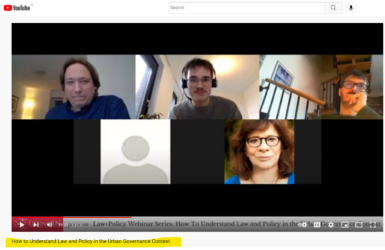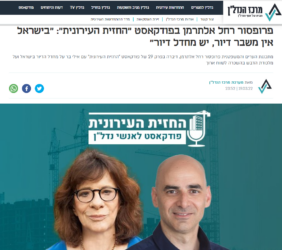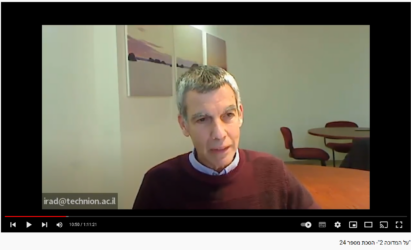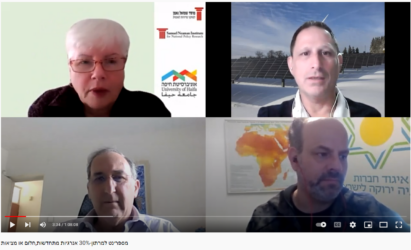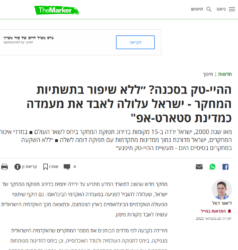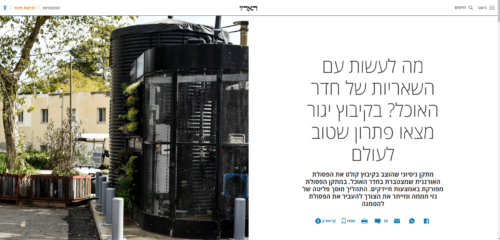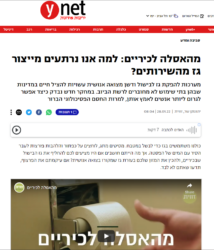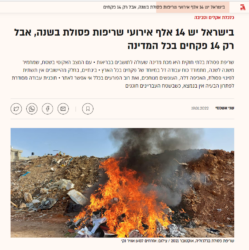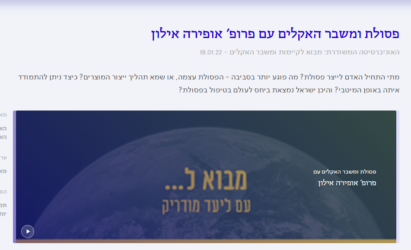Connect to schedule an interview
+972.4.829.2329
Neaman in the media
The Ministry of Finance plan: 120,000 apartments on planned office space in Gush Dan
Prof. Rachelle Alterman stresses the importance of promoting housing solutions within existing neighborhoods. Currently, the widespread phenomenon of accessory dwelling units which produces excellent housing is illegal and should be deregulated.
Irad Yavneh in a podcast on science and research in Israel
Prof. Irad Yavneh together with colleagues, in a podcast on science and research in Israel – what are the strengths and weaknesses? What distinguishes the Israeli researcher? How can we integrate research with industry, and what is the status of research in colleges?
From sprint to marathon – 30% renewable energies, dream, or reality
Prof. Ofira Ayalon in an expert’s discussion in the field of renewable energy.
Without improvement in research infrastructure, Israel may lose its status as a start-up nation
Ella Barzani, Daphne Getz, Rinat Klein
A new study by the Samuel Neaman Institute team deals with the relative decrease in Israel’s scholarly output..
Leftovers from dining room? Kibbutz Yagur found a solution that is good for the environment
An experimental facility placed in kibbutz Yagur recieves the organic waste that accumulates in the dining room.
The project is in line with the recommendations outlined in a policy document for the treatment of organic waste recently published by Samuel Neaman Institute at the Technion and the University of Haifa. One of the main recommendations of the document is to encourage local waste treatment, rather than a remote central facility.
Link to the full article on Haaretz
Link to the Separation of Organic Waste – at the Source or at a Facility? reserch
From the toilet to the stove: why are we afraid from producing gas from the toilet
New research examined ways to make more people adopt systems for producing cooking gas and fertilizer from human excrement, despite the clearly psychological barrier.
Prof. Ofira Ayalon explains the situation in Israel, and what we need to do to enable wastewater treatment plants to perform better.
Israel has 14,000 waste fires a year, but only 14 inspectors nationwide
Burning illegal waste is a national problem that costs residents’ health. Dealing with this acute situation, worsening from year to year, is a particularly small workforce of inspectors.
Prof. Ofira Ayalon reminds us, that these fires end up with what we breathe, eat and drink.
Waste and the Climate Change with Prof. Ofira Ayalon
Prof. Ofira Ayalon in GALATZ radio station interview: When did man start producing waste? What is more harmful to the environment – the waste itself, or the manufacturing process? How can it be dealt with best? And where is Israel compared to the world in waste management?


